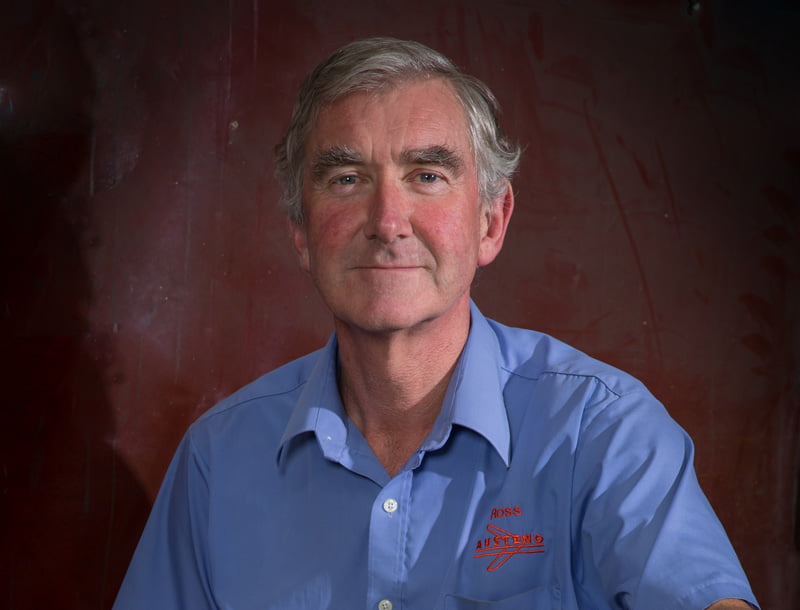When Holden, Ford, Toyota, and Mitsubishi began shuttering their plants permanently in this country, it was an “absolute guillotine” for suppliers such as Geelong-based engineering firm Australian Engineering Solutions (Austeng), because 70 per cent of its business relied on supplying capital equipment to large manufacturers, including the car companies.
“We lost a huge amount of our business literally overnight,” Austeng managing director Ross George told InnovationAus.com.
Mr George said initially after the closures, money was poured into the company to keep it afloat. It was ultimately forced to diversify its business into other industries it wouldn’t have normally considered.

Part of that process involved networking with politicians at all levels of government, and in building relationships with startups for new business.
“That’s when the inquiries started to flow in. A lot of the inquiries we received were from the startup space,” he said.
Austeng now offers a range of engineering solutions from design to manufacturing and installation, and works with a wider range of materials from graphene, recycled rubber, corrugated iron, hemp, and is extracting food acids out of agricultural waste.
“From an engineering point of view, the work we are doing now is really exciting and ground breaking. When large manufacturing left, it created a vacuum,” he said.
“There have been all of these cracking ideas sitting in people’s bottom draws, and now in manufacturing there’s this space that has been created for all of these ideas to flourish that couldn’t have flourished before.”
Research and development has become another important aspect of what Austeng does. A lot of these, according to Mr George, involve collaborating with local universities – Deakin University and Swinburne University.
Just last Friday Austeng, together with Deakin University and concrete solutions supplier Rocla, were awarded a contract by the City of Greater Geelong to construct a pedestrian footbridge using carbon fibre reinforced concrete, a material that has never been used previously used to construct footbridges.
“The City of Greater Geelong said they wanted an innovative model solution that can be maintenance free for 100 years,” Mr George said.
“The council announced their intentions 12 months ago, and when they did we began investing into R&D to prove our solution could do what they wanted
Mr George said Austeng had also been working with customers to help them take advantage of government grants including those handed out by the Advanced Manufacturing Growth Centre, Sustainability Victoria, and AusIndustry.
In total, Austeng has helped its customers extract an aggregated amount of about $1 million in the last six months in government grants, said Mr George.
“Smartly targeted grants for startups are a huge leverage for government. Using the relatively modest amounts of money, governments enable startups to start their business that they wouldn’t necessarily have the money to start themselves,” he said.
However, Mr George believes government can be even more efficient when it comes offering grants to businesses.
“Back in the day, the Industry Capability Network had people wandering around and they knew everybody’s businesses. They were fantastic at marrying businesses to business because they knew everyone’s capabilities, but that has now shifted to a database because it’s more “efficient’ but it has been useless for us. We use to get a lot of business through the ICN but none now.
“Now, you have to put your expression of interest into the system. But the database doesn’t know your business, your customer or what you’re trying to do. So the money they spend ends up being less well spent, although what they’re trying to do is to spend efficiently.”
Mr George wants to also see changes made to the government procurement process.
“Currently there’s no incentive for government to be adventurous in the way they procure, rather they take a conservative and bureaucratic position,” he said.
“This is why we need more governments like the City of Greater Geelong. Their whole tender document is all about innovating, promoting employment and investing in new technology, and they’re now prepared to put their cheque book where their mouth is.”
Do you know more? Contact James Riley via Email.

